THE GLOBAL GOALS
For Sustainable Development – 2025

Goal 1
No Poverty
Event |
Write Up |
Evidence |
Students conduct research on poverty under the guidance of academics. |
Under the Community Medicine, Medical students conducted the research on period poverty. |
|
Department of Microbiology Endowment fund for research |
|
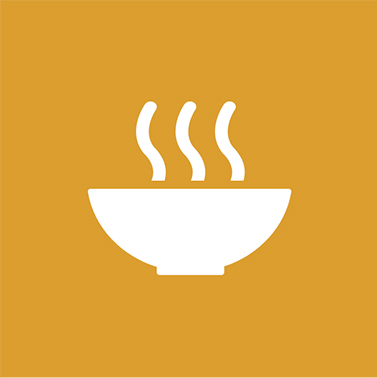
Goal 2
Zero Hunger
Event |
Write Up |
Evidence |
Nutrition lectures and tutorials conducted for medical students |
Conduct lectures on micronutrient deficiency and nutrition education programmes. |
|
Clerkship programs - GMP teaching |
Early identification of malnutrition is vital for prevention of stunting and wasting. |
|
In the Clerkship Programme under CWC and SGD, students learn interpretation of growth charts to identify children with growth faltering. They also learn about management of children with nutrition problems. |
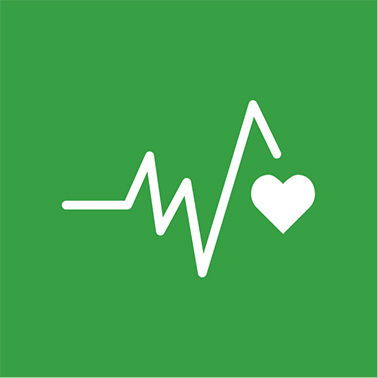
Goal 3
Good Health and Well-Being
Event |
Write Up |
Evidence |
|
Under the community health stream students learn about epidemiology and prevention of non-communicable disease (ischaemic heart disease, hypertension, cancer, healthy lifestyle center) and communicable diseases (food sanitation, dengue, malaria, filaria). In addition, they learn health services available for children (SMI, CWC), women (WWC, ANC, PHM home visits, FP clinic). In the Clerkship Programme, under health education sessions, students conduct health education activities for preschool and school children to increase community awareness of important health topics. In addition, academics of the department are involved in mass media programmes to raise public awareness on important health topics. Academics and non-academics participated in the dengue surveillance programme held in the department premises. One academic is the convener of the Dengue Prevention Committee. Academics are involved in Webinars on health topics. Dr. Nimali Wijegoonawardene is the moderator of the webinars on Preventing Acute injuries. Port Health Sri Lanka stops infectious diseases from entering the country by checking travelers, inspecting ships and goods, and verifying health documents. During the Clerkship Programme, students visit the Port Health office to learn more and get proper knowledge about how they protect public health. Academics and students conduct research on different health topics. |
Clerkship Programme - 31st Batch Timetable - 31st Batch - 10th Term Preventing Acute Injuries Flyer |
Research Related to Health and Well-being |
Prof. J. Indrakumar
|
|
Dr. N. Perera
|
https://www.metabolismjournal.com/... https://www.sciencedirect.com/... https://virologyj.biomedcentral.com/... https://journals.sagepub.com/... |
|
Prof. T. Matthias
|
https://journals.sagepub.com/... |
|
Dr. S. Silva
|
||
Dr. Dumitha Govindapala
|
||
Dr. Rakitha Higgoda
|
||
| Mental Health Support for students and staff | Constant check-ins about the mental well-being of Professorial Unit students by the department consultants and guiding them towards counselling and psychiatric help if needed. |
Personal tutor scheme |
| Collaboration of National Health Institutes to improve health outcomes | Department plays a critical role in health care delivery by conducting hospital ward rounds and providing in-petient care. In addition, out-patient treatment is provided in 2 clinics per week. |
|
| Clinics and services which were conducted |
|
|
Workshop on Counselling Skills for Academic Staff – 11th February 2025 conducted by Department of Psychiatry, resource persons, Dr Nimali Wanniarachchi, Dr Bashitha Hapurarchchi, Senior Lecturers in Psychiatry |
The Department of Psychiatry successfully conducted a workshop on 11th February 2025 focusing on the development of counselling skills among academic staff members. The primary objective of this initiative was to enhance the capacity of staff, particularly those serving as student counsellors, to effectively support students experiencing psychological, academic, or personal difficulties. Recognizing the increasing demand for mental health support within academic institutions, the workshop aimed to equip participants with the necessary tools to engage in empathetic, ethical, and effective counselling interactions. The session began with an introduction to the core characteristics of a good counsellor, The program then moved on to a detailed discussion on key counselling techniques. A key highlight of the workshop was the use of real-life case scenarios to discuss the practical challenges commonly encountered in student counselling. These interactive discussions provided participants with the opportunity to discuss problem-solving counselling, how to evaluate different situations and risk assessment. The workshop witnessed enthusiastic participation from around 30 academic staff members across various departments. |
|
Religious and cultural activities at “Manasuwapiyasa” |
Religious and cultural celebrations in the workplace play a significant role in promoting diversity, inclusion, and a sense of belonging among employees. Recognizing and respecting different cultural and religious traditions fosters mutual understanding, reduces bias, and helps build a more harmonious and respectful work environment. With thse objectives in mind the Manasuwapisa organized several cultural and religious celebrations during the Sinhala and Tamil New Year and Vesak. |
|
Occupational therapy and rehabilitation activities at “Manasuwapiyasa” |
Rehabilitation is a vital part of the recovery process for individuals with psychiatric illnesses. It goes beyond medical treatment to focus on improving daily functioning, social skills, and overall quality of life. Through structured support such as skill training, vocational guidance, and social reintegration, rehabilitation helps individuals regain independence and confidence. It also plays a key role in preventing relapse, reducing hospitalizations, and enhancing self-esteem. By addressing not just symptoms but the broader needs of the person, psychiatric rehabilitation promotes long-term well-being and helps individuals lead meaningful, productive lives within their communities. |
|

Goal 4
Quality Education
Event |
Write Up |
Evidence |
|
Prepared and conducted the SGDs and tutorials that complement the content covered in lectures and learning sessions to facilitate students' gaining of knowledge. Case based discussions were introduced to students in the Clerkship Programme. Student feedback is used to improve the study programme. Conduct the research for undergraduates to develop their skills on research. At the end of the research project, research viva is conducted to assess the knowledge on research. The 3rd intake of the Advanced Certificate in Monitoring and Evaluation has 40 higher officials from the Ministry of Health. Once they improved their skill on M & E, they can improve the education system |
Clerkship Programme - 31st Batch Student-Feedback-Research-Module - 31st Batch Response to Student Feedback - Introductory Module - 31st Batch Notice - Students Research Viva Exam |
Workshops which were conducted |
Title: Essays and Structured Essays Title: Objective Structured Clinical Examinations (OSCEs): Designing stations, Checklists and Rubrics. Title: Awareness on "Telemedicine in Medical Technology" Title: New curriculum review workshop of MBBS. Title: Portfolios and reflective journals: Enhancing assessment in medical education: strategies, tools and best practices. Title : EMQs and SBRs of MCQs |
|
Weekly consensus meeting for updating teaching materials for MBBS |
|
|
Posters displayed in Department of Microbiology |
|
|
Academic staff involvement |
|
|
Publications for mental health staff |
Books and publications play a crucial role in raising awareness about psychiatric illnesses among both healthcare professionals and the general public. For health staff, professionally curated materials such as textbooks, journals, and clinical guidelines offer evidence-based knowledge on diagnosis, treatment, and management of mental health conditions. This improves their competence, reduces stigma within the healthcare system, and enhances patient care. |
|
Publications for Medical undergraduates |
ICTIS 2025 Bangkok. Submitted an abstract for an oral presentation. |
|
The Diploma Course in Counselling |
The certificate awarding ceremony of the Diploma Course in Counselling conducted by the Department of Psychiatry, Faculty of Medical Sciences, USJP was held on 27th February 2025, at the Sumangala Hall, USJP, with the participation of the VC, Senior Professor Pathmalal M. Manage |
|

Goal 5
Gender Equality
Event |
Write Up |
Evidence |
|
Under health education sessions of the SMI, students conduct awareness sessions on SRH for school children to sensitize them on gender equality. |
|
Proportion of senior female academics |
Department Head - Dr. Nilanka Perera |
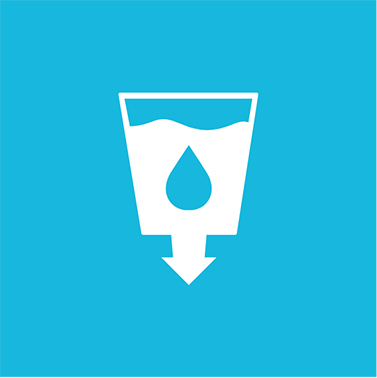
Goal 6
Clean Water and Sanitation
Event |
Write Up |
Evidence |
|
In the clerkship program, students learn about how water pollution occurs due to human activities, why waste water recovery is important, and what actions can be taken to recover from water pollution. Under the Community Medicine, Medical students conduct research related to clean water and sanitation. |
|
Effective waste segregation and management |
|
|
Active representation in the Dengue Committee |
Actively representing the Pathology Department in the Dengue Committee, contributing to planning and implementation of related initiatives. |
Prof. Jananie Kottahachchi is a committee member of dengue committee Mr. Tharanga Ranasinghe, Technical Officer is a member of the Dengue committee representing the department |

Goal 7
Affordable and Clean Energy
Event |
Write Up |
Evidence |
Plan to reduce overall energy consumption |
A/C is turned on only when classes are conducted for a group of students although the room is occupied at other times. |

Goal 8
Decent Work and Economic Growth
Event |
Write Up |
Evidence |
|
Under the community health stream lectures, students learn about Occupational Health. The factory visit and estate visit sessions in the clerkship Programme mainly focused on decent work and Occupational health. Students learn how work affects health and measures to ensure optimum physical and mental well-being for workers. Under the Community Medicine, Medical students conducted the research on “Prevalence and associated factors of musculoskeletal disorders among garment factory workers”. |
|
Recognition of Union and Labour rights |
Breaks and rest periods for the staff.
Transparent recruitment and promotion
|
|
>> Income generating projects
>> Sale of bacterial and fungal cultures |
|
Advertising on social media as a flyer
|
Services and Workshops provided by the Pathology department |
The Haematology Laboratory provides some diagnostic investigations at affordable rates for patients. Services are offered free of charge to students. In March 2025, a workshop for Medical Laboratory Scientists was organized as a fund generation project |
|

Goal 9
Industry, Innovation and Infrastructure
Event |
Write Up |
Evidence |
|
Students develop skills in conducting scientific research through the research module. Collaborative research of the staff members leading to indexed journal publications. |
32nd Batch - Undergraduate Research Projects |
Expansion of department of microbiology to the AHEAD building |
|

Goal 10
Reduced Inequalities
Event |
Write Up |
Evidence |
Department of microbiology Endowment fund for research |
|
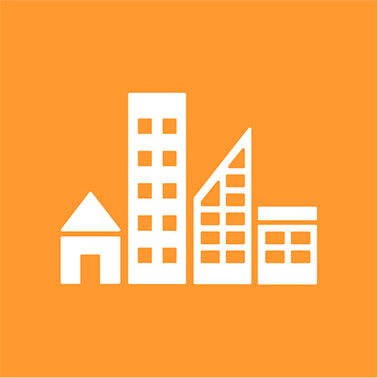
Goal 11
Sustainable Cities and Communities
Event |
Write Up |
Evidence |
Conduct a lecture on disaster management in Environment & Occupational Health module |
As the future healthcare professionals, students’ gain knowledge on disaster preparedness and response which is important in providing essential services during a disaster |

Goal 12
Responsible Consumption and Production
Event |
Write Up |
Evidence |
Policy on appropriate disposal of hazardous waste |
Disposal of plastic, paper, glass and other waste separately |

Goal 13
Climate Action
……………………………………………….
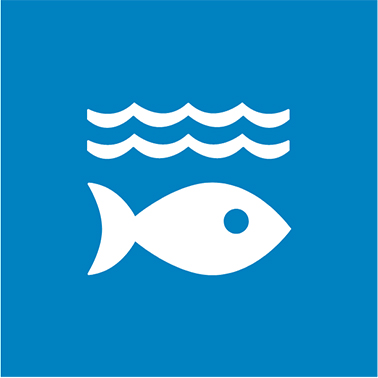
Goal 14
Life Below Water
……………………………………………….

Goal 15
Life on Land
Event |
Write Up |
Evidence |
|
Conducted environmental health lectures for students, where they learned about environmental pollution and its impact on animal health. Discussed methods for creating safe environments for living beings and managing environmental factors to improve human quality of life. Waste water treatment and sewage visits scheduled under Clerkship program to gain knowledge. |
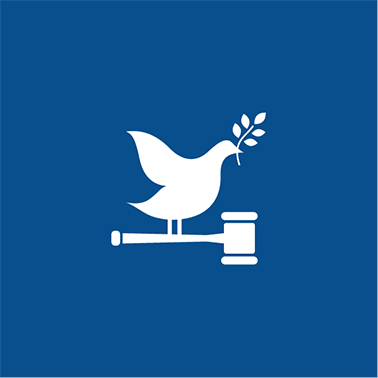
Goal 16
Peace, Justice and Strong Institutions
Event |
Write Up |
Evidence |
The Department of Forensic Medicine organized a “Dansela” on 16th May 2025 at the Faculty premises for the second time in subsequent years. |
A “Dansala”, though primarily a religious or cultural tradition, serves as a platform for promoting community participation and inclusiveness. By offering free food to all, regardless of background, it helps foster social harmony and mutual respect. Such practices strengthen social cohesion and reflect the underlying values of SDG 16: Peace, Justice and Strong Institutions. |
|
|
Transparent handling of funds Freedom to teach and discuss- Lecturers have the right to conduct their teaching with no political or administrative interference. Freedom to conduct and share research. |
All income and expenditure are recorded with proper documentation (such as receipts, invoices or payment vouchers). |

Goal 17
Partnerships for the Goals
……………………………………………….
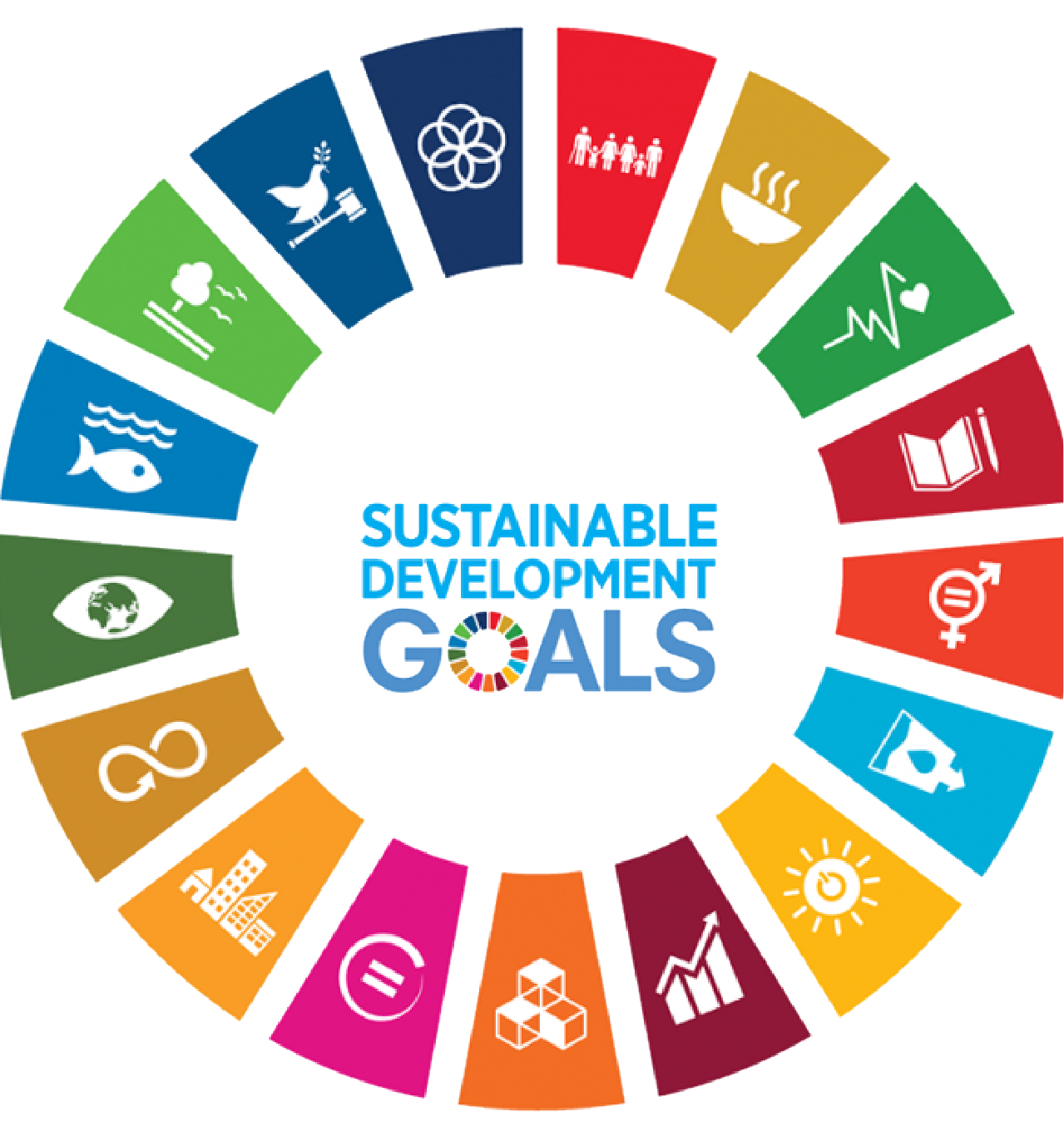
Sustainable Development Goals 2024
Click here for more information

Sustainable Development Goals 2023
Click here for more information
